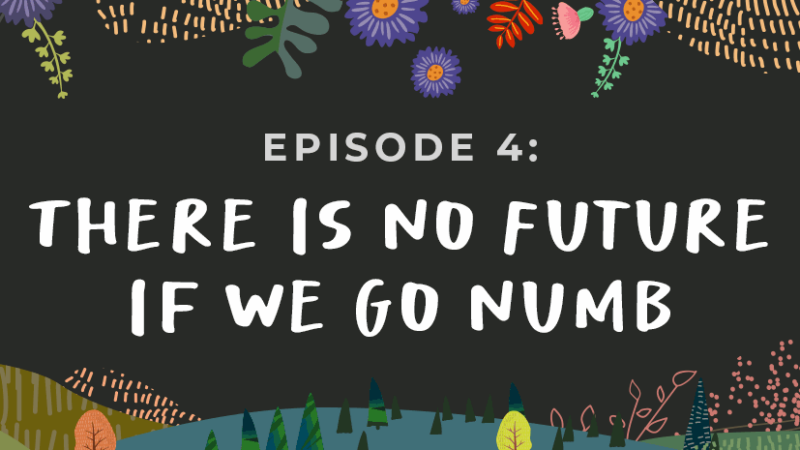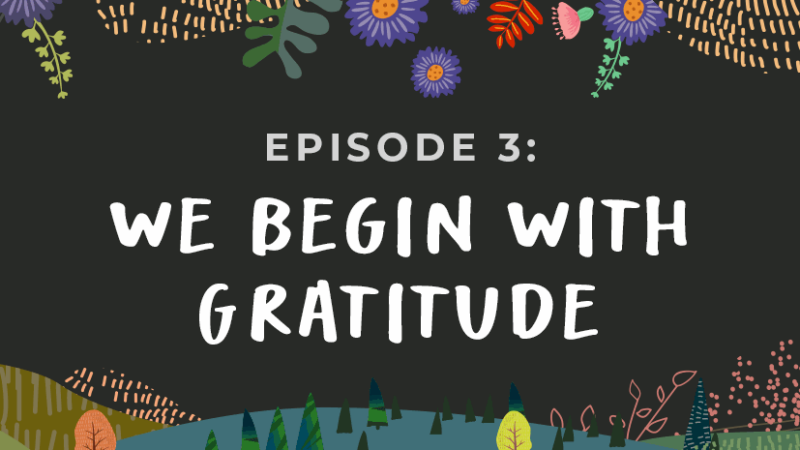
Because your internal meaning-making machine, colors your perception of your life and your very self, and can dictate your actions, non-action, and choices, you probably live with some constant companions. I call them Integrity Snatchers. Integrity Snatchers diminish your sense of self, and erodes your self-trust. They are not “bad” or “wrong.” They are not something to be gotten rid of since they are part of our humanity, and if you are human you won’t be able to get rid of them. But the important thing is to become aware of them. To understand that when left unattended, Integrity Snatchers will keep you from making the highest choices for yourself and going for the life of your dreams.
When you become aware of your Integrity Snatchers, you can remove them from their seat of power.
Integrity Snatcher #1: Shame
As humans, we are desperately afraid that the negative labels we have given ourselves are true. And thus, shame arises. We are paralyzed by the shame of believing that we are not good enough, strong enough, smart enough, or pretty enough. Our shame, which is generally birthed from some childhood event, teaches us to hide who we truly are because we fear that who we are is fundamentally flawed. Our shame leads us to believe that people won’t like us if they know who we truly are at our core. Our shame is what creates our external persona and robs us of authenticity.
Integrity Snatcher #2: Shadow
Our shame gives birth to our shadow. Our shadow is comprised of the parts of ourselves that we have so much shame around, that we disown. We judge ourselves so relentlessly, that we cannot fathom the possibility that our shadow aspects or unwanted characteristics live inside of us. How could I be weak, a doormat like my mother? A cheater or liar like my ex? Or mean and abusive like my father? Because our shadows are so distasteful or symbolize someone who hurt us deeply, we disown and detach from them. We vow to ourselves that we are not and never will be that! Our need to bury these parts of ourselves, and deny their existence, automatically wreaks havoc on our integrity. We cannot be whole and complete if we have lost access to the full spectrum of our traits and emotions. We cannot live in our truth if we are hiding the existence of all these parts of ourselves from ourselves and others.
Integrity Snatcher #3: Fear
Our shame, our belief that, “I am that…” gives birth to our shadow, our belief that “I don’t want to be that….” which gives birth to Integrity Snatcher #3— living in a constant state of fear. We are afraid at every moment of our lives that someone might discover our faults and unworthiness! This coupled with that negative meaning loop that keeps playing in our minds paralyzes us. We view life through a lens of fear. Our fear permeates every area of our being. We have fears about ourselves: I’m not good enough, pretty enough, competent enough. We have fears about life: Life is unfair. Life is about struggle. We have fears about others: People will disappoint me. I can’t trust anyone. Everyone leaves. We have fears even about the “good stuff:” Love hurts. There is no such thing as happiness. Nothing lasts forever.
Integrity Snatcher #4: Your Story
Each of us has a story. We actually have many stories. They consist of all the thoughts, beliefs, internal dialogues, or fears that we have around any subject. For example, our story-lines can range from anything like I will never get what I want to what your fate will be based on your gender, color of your skin, level of education, or even your weight. Our stories stem from all the meaning-making that we set into motion as a child. We can also adopt the stories of the communities we grew up in or the people closest to us. Many of us take on the stories of our parents. They can become the narrative of the family that gets passed down from generation to generation, anchoring the family in a legacy of lack. Although these stories are not necessarily bad or good, they can be limiting.
Integrity Snatcher #5: Playing the Role of the Victim
Like Susan, when we are stuck in our stories we are generally cast in the role of the victim. But when we vow to live a life of integrity we commit to live a life of radical responsibility. We acknowledge that our life is in our hands. It is a demarcation point—a gift we give to ourselves. It means we take our power back. It means being responsible for our thoughts, beliefs, choices, behaviors, and for our deepest dreams and grandest desires. There is no sustained room for, “Oh, woe is me! Poor me! Forget about me! or You did this to me!”
Integrity Snatcher #6: Wanting
Wanting is the Integrity Snatcher I’m most vigilant about because any time I am in a place of wanting, I can slip and slide right out of my integrity. Especially when I think about the men in my life…wanting for him to be the one, wanting to make the relationship work, wanting to hold on and not let go, not wanting to hurt someone’s feelings…I can’t tell you how many times I stepped over my truth and out of my integrity in order to fuel the fantasy and turn the wanting into my reality.
Wanting comes from fear or lack. Whether we are conscious of it or not, we think we are missing something, so we yearn for the outside world to fill us up. It is our fear and our wounded and diminished sense of self, telling us that we don’t have something, and we need to get it. That need turns to desperation and the cliché is true—desperate people do desperate things. They ignore their truth, as well as all the warning signs. They buy into their own BS, and put themselves into scenarios that they often know won’t end well, but they can’t help themselves…they wanted it so badly.
Integrity Snatcher #7: People Who Empower Your Helplessness
Although integrity is an inside job, and not something others can give to or take away from us, we all are human. At some point we might want someone to take care of us, to assist us, to save us, or to handle a part of our life that we don’t feel confident in or enjoy. So, Integrity Snatcher #7 is like a warning sign—watch out for the people who empower your helplessness.
Looking for more great reads?


Excerpted from The Integrity Advantage by Kelley Kosow.
 Kelley Kosow is a Master Integrative Coach, program and workshop leader, and CEO of The Ford Institute, a personal development organization that has helped tens of thousands worldwide. For more, visit kelleykosow.com.
Kelley Kosow is a Master Integrative Coach, program and workshop leader, and CEO of The Ford Institute, a personal development organization that has helped tens of thousands worldwide. For more, visit kelleykosow.com.












